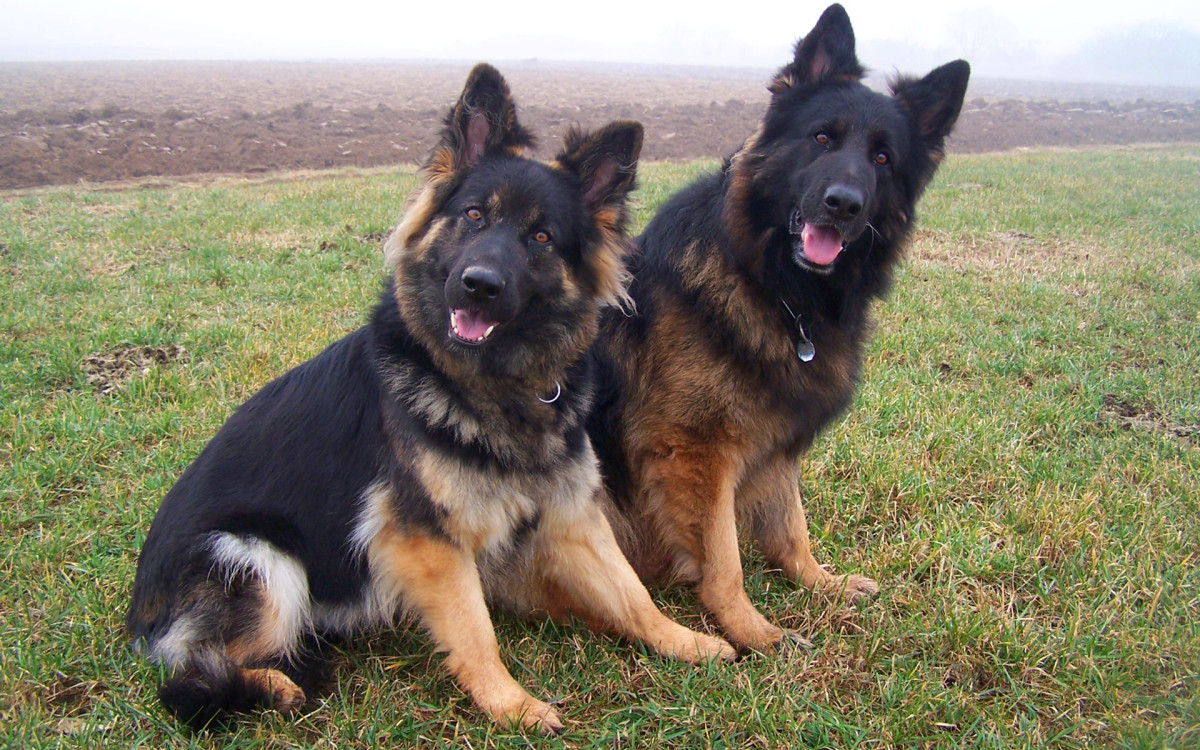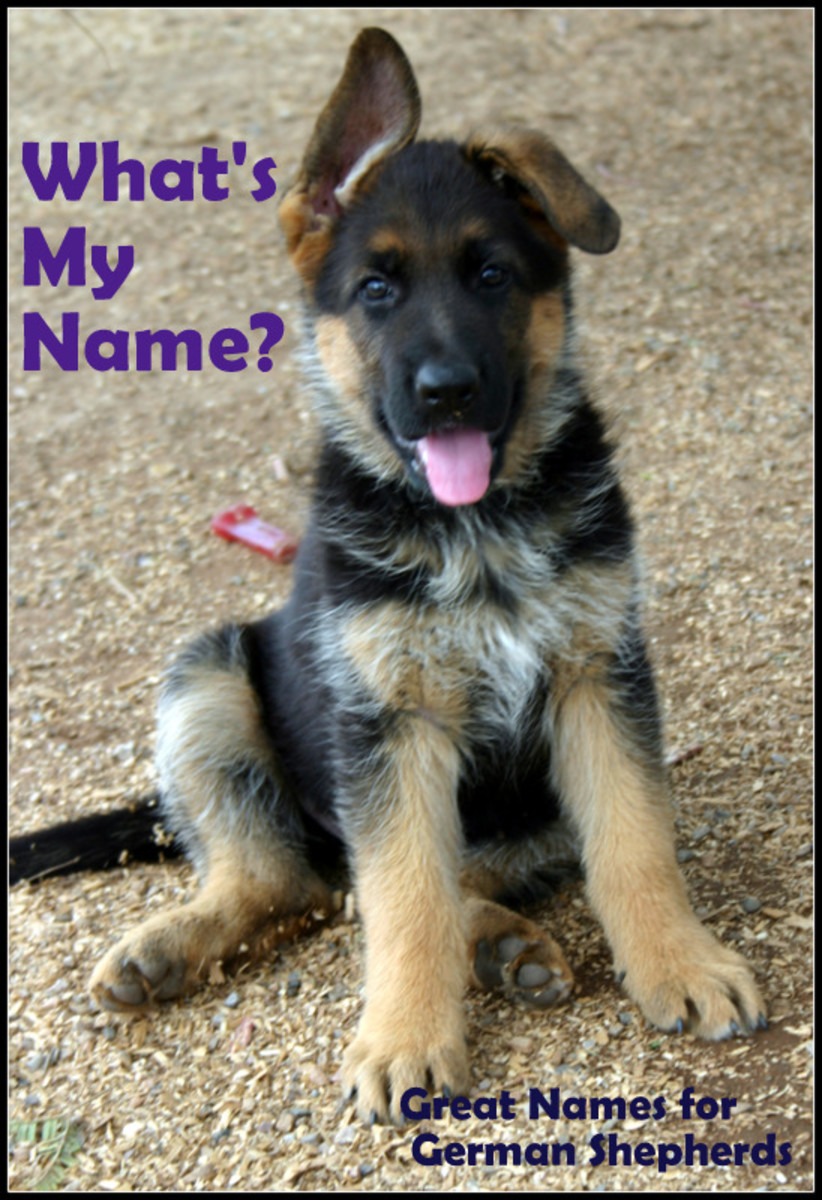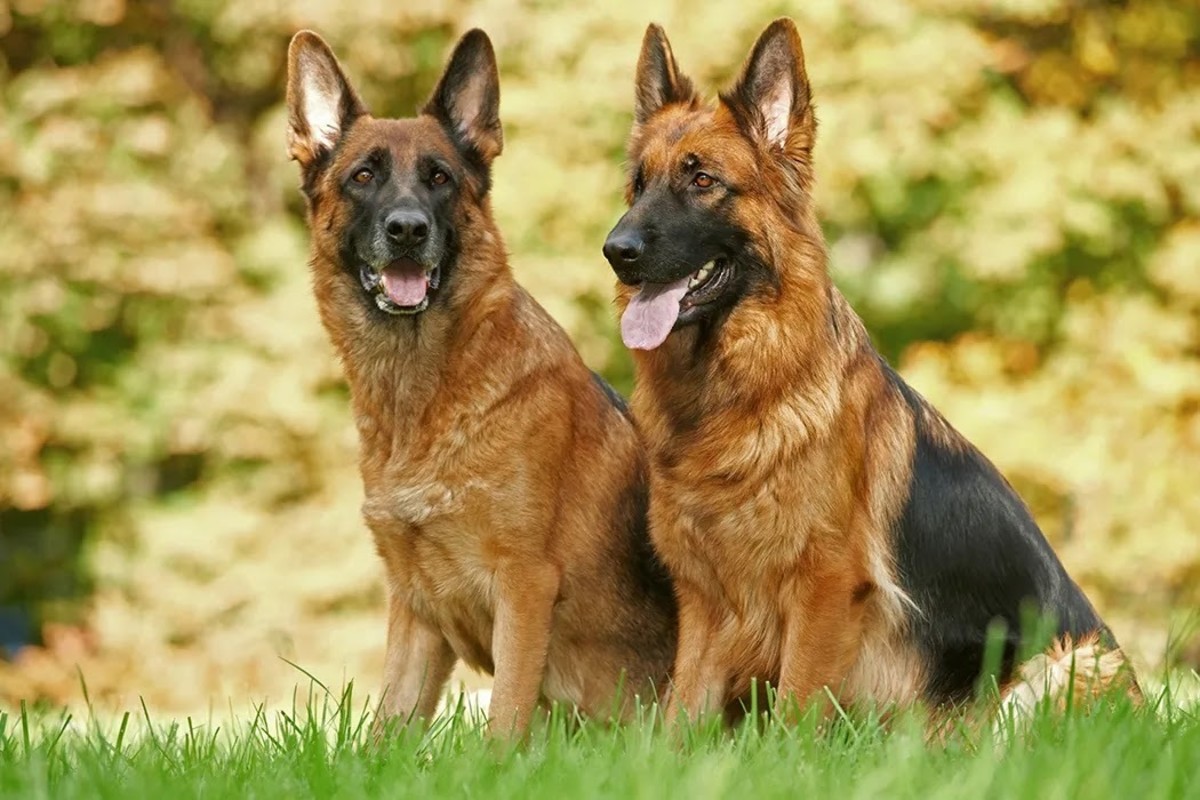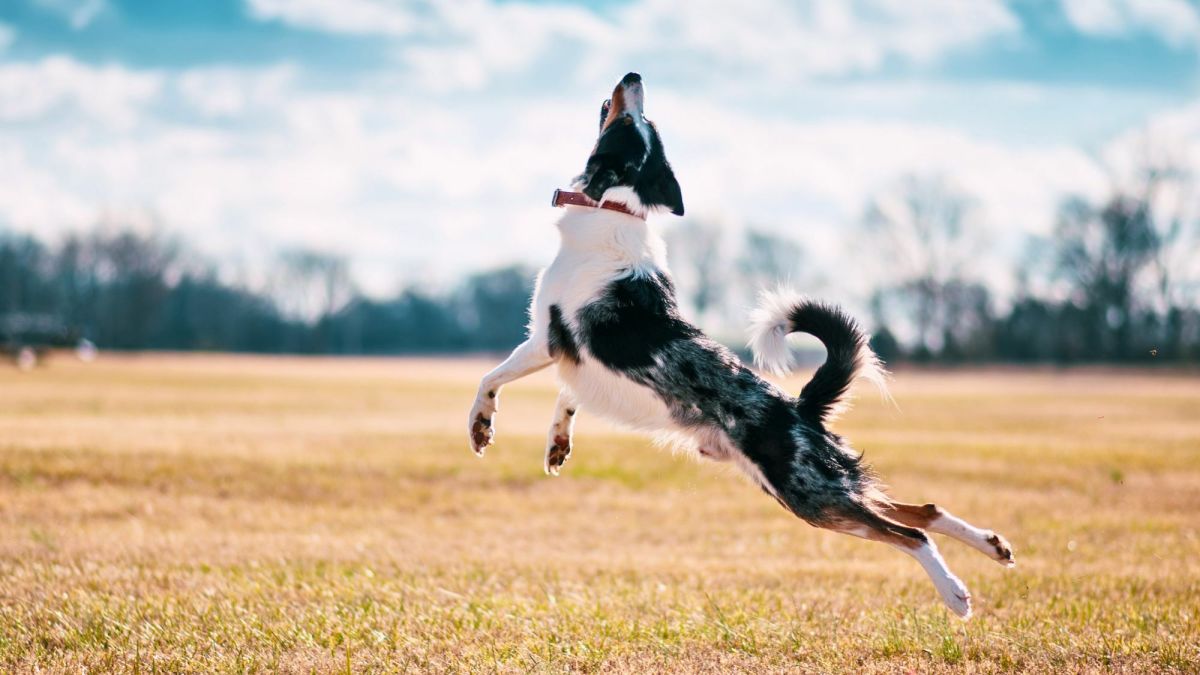What You Need to Know Before Adopting a German Shepherd

I thought I knew my favorite breed of dog before I even owned one–the Siberian Husky. No, the Shepherd was not my first choice. Oh sure, I thought the breed was pretty cool. But my mind was set on the Husky. As far as I was concerned, they were the best. The top dogs.
Or so I thought.
It wasn't until I spent more time reading about the Shepherd that my mind began to change. Then out of the blue one night, a little while after I'd completed college, I received one as a graduation gift. She was one of cutest things I'd ever seen, and intelligent to boot. She picked up on commands in a snap and was also incredibly playful and sweet. I was taken. The Husky was no longer my number one. I was sold on the Shepherd! Even today (two years later) she continues to be a joy and a pleasure to own!
Yes, German Shepherds are amazing animals that have served in (and continue to serve in) numerous important roles such as police dog, search and rescue dog, military dog, and even guide dog for the blind. And yes, they do make wonderful pets. But they can also be a bit of a headache to own if you don't know what you're getting into!
Don't misunderstand. The intention of this article isn't to discourage you from ever owning a GSD (German Shepherd Dog). No, the purpose of this article is to present you with some of the facts surrounding the breed so that you can make an intelligent, well-informed decision when it comes to adopting one.
Special Note: The German Shepherd is a high-maintenance breed and is not recommended for first time dog owners. Those new to the world of dog ownership should look into breeds such as the Labrador Retriever or Golden Retriever.
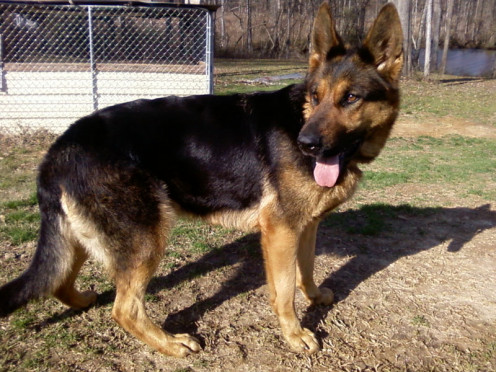
Temperament, Training, and Socialization.
The German Shepherd is an incredibly loyal, intelligent, and protective dog. These are the very reasons why they excel in the various job roles mentioned in the introduction. They are eager to please and will do almost anything for the person they hold a close bond with.
On the other hand, this breed can also be incredibly willful and stubborn. While these traits aren't bad in and of themselves, they certainly can cause problems. For example, if you give a command and this dog is not in the mood to obey it, he will completely ignore you, doing whatever he pleases, when pleases, how he pleases. This is why they require such an enormous amount of firm, consistent training. A well-trained Shepherd will be a happy, well-adjusted member of the household. Call and he will come. Give a command and he will follow it down to the last detail.
Socialization is also a big part of owning a Shepherd. These dogs are inherently cautious of everything and everyone. Therefore, they need to have regular contact with different people, places, and animals (other dogs and even cats if safe to do so). Dogs of this breed that only ever interact with family members and other household pets could become overprotective, responding to strangers—human or nonhuman— with extreme aggression. They will bark, growl, or even bite. In the case of a bite, legal action could occur. The dog may then be re-homed or put to sleep. A hefty fine is also a possibility. However, a Shepherd that has been properly socialized, while still cautious, will be friendly and approachable*.
Think carefully about whether or not you have the time and effort it takes to train and socialize one of these dogs. The individual who is unwilling or unprepared to train his Shepherd will end up with a dog that is a nuisance to everyone.
*Even though a dog may appear to be friendly, that doesn't necessarily mean it is okay to pet it. Dogs are complex animals. Even the slightest error in communication can result in a bite. Be absolutely certain you know what mood the dog is in before petting it. In addition, always ask the owner's permission first.
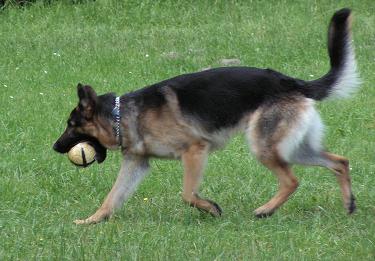
Exercise
German Shepherds were bred to work. This means they need a lot of regular exercise (both physical and mental) to stay happy and healthy. And I do mean a lot! A short walk every other day or a toss or two of the tennis ball here and there just won't do. They need nice long walks (at least an hour in length) and vigorous play sessions each day. Exercise along with training is also a common recommendation in meeting this breed's physical and mental demands. They also do well in agility.
Shepherds that do not receive the appropriate amount of exercise will become very frustrated, bored, depressed, or even all three of these. As a result, they may develop behavioral issues. These include digging, barking, howling, and chewing.

Health
In spite of their hardiness, German Shepherds do suffer from a number of different illnesses. Skin disorders, hip dysplasia, and bloat are a few a few that are common to this breed. Even a Shepherd that receives excellent care and has regular vet visits can develop any one of these ailments.
Making a Decision
Now that you've gained some knowledge about this breed, you'll need to make a decision. Go over the information you've just read, think about it, and then ask yourself some questions. If you are still unsure, don't let the research stop here. There are plenty of other resources out there on the German Shepherd Dog breed. Just do your homework. This dog is worth it!


